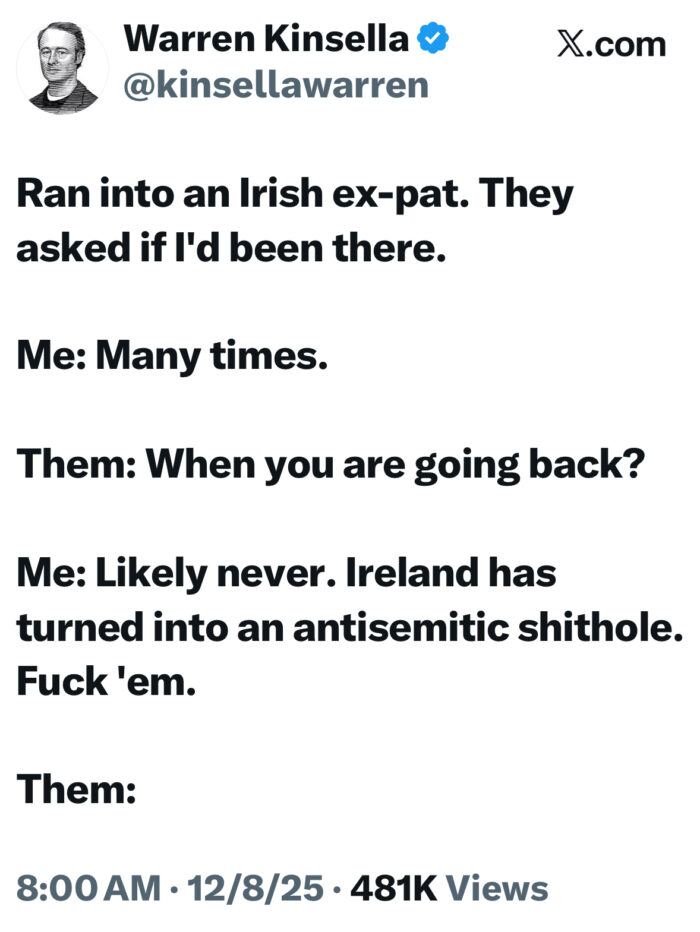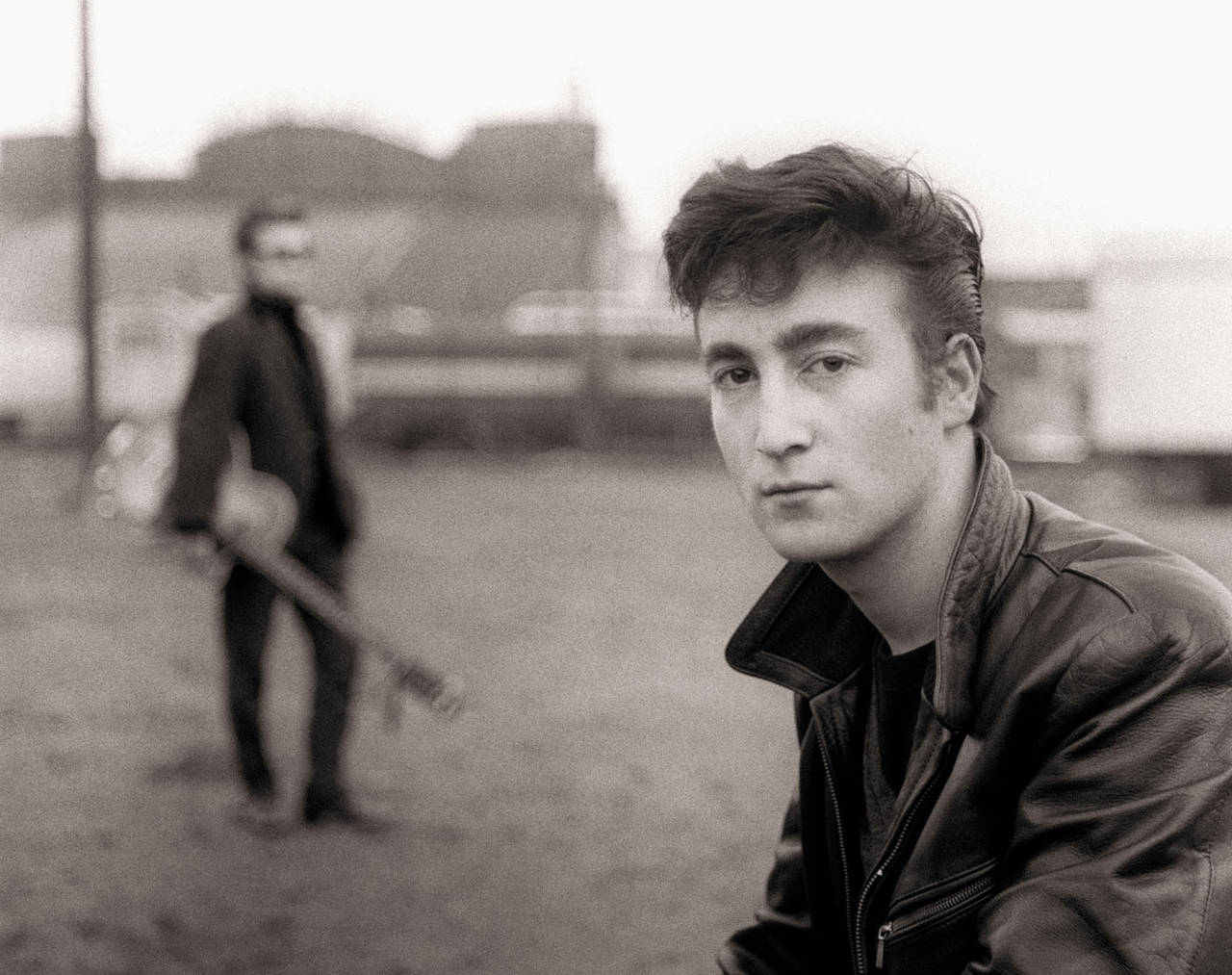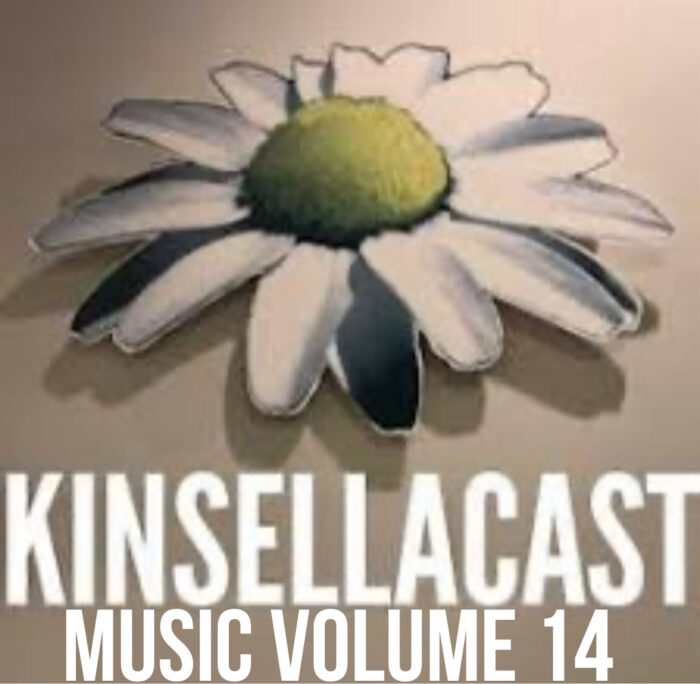The triumph of light over darkness
The triumph of light over darkness.
That’s all it means, really: perseverance, faith. It’s a characteristic of just about every religion, when you think of it. Hope. Hope for something better.
Is a symbol of hope – of faith, of perseverance – somehow objectionable? Is it wrong, to want that? It is for a bunch of people who run a Toronto-area building, allegedly.
Because…it’s a Jewish symbol?
Here’s the sad story: a couple years ago, a woman who we have agreed not to name asked her condo building’s board if it would be okay to put up a small menorah in the lobby.
A menorah is basically a little candelabra that holds, you know, nine candles. In public places, the menorah don’t usually have real candles – just fire-safe representations of candles.
There was a Christmas tree in the lobby. The woman asked if there could be a menorah, too.
The condo board said no.
Here’s the thing: Chanukah, which starts today, celebrates the Maccabees defiance – and triumph over – those who were trying to silence Jews. Trying to erase them. Which is what the condo board seemed to be doing to the woman who asked for a menorah, too.
“Feeling like my identity as a Jewish woman was unwelcome in the building where I live – was devastating,” she said.
So she went and put up a menorah anyway. Not long after, the condo board told her to remove it. They had issued a “directive,” allegedly. But they wouldn’t show the directive to her.
That was 2023. In 2024, the condo board banned all “religious” displays. This year, they changed course yet again – a Christmas tree would be permitted, because it was “cultural.” A menorah wouldn’t be, because it was “religious.”
For the woman, that was the final straw.
Says she: “We’re living in a time of rising antisemitism – the worst since the Holocaust – and moments like this remind me why it’s so important to speak up. Chanukah is about pride and perseverance, and I refuse to let my identity be pushed aside. In Canada, in 2025, equal recognition of who we are should be a given – not something you have to fight for.
“This is not about pitting cultures against one another but embracing an approach where all identities are included and respected.”
So she’s taking the condo board to court – the Human Rights Tribunal of Ontario, to be precise. And CIJA, The Centre for Israel and Jewish Affairs, is helping her.
They’ve made a human rights complaint – arguing that choosing one religion’s symbol (a Christmas tree) over another religion’s symbol (a menorah) is “direct discrimination.” That kind of discrimination disproportionately hurts Jews, obviously. And, CIJA says, the condo board “failed to provide accommodation, transparency, or a legitimate justification for their decision.”
Says Richard Marceau, Senior Vice President, at CIJA: “It’s 2025. No one should have to fight for equal recognition of their religious and cultural identity in their own home.” Well said.
We’re not giving the address of the building, to protect the identities of the people who live there. CIJA and the applicant agree with that.
But the applicant still insists on a few things: if she prevails, she wants the condo board to get some training about how to handle situations like this. She wants a new policy for holiday displays. She wants a small payment of damages.
And, of course, she wants a menorah in the lobby.
Where it belongs.




